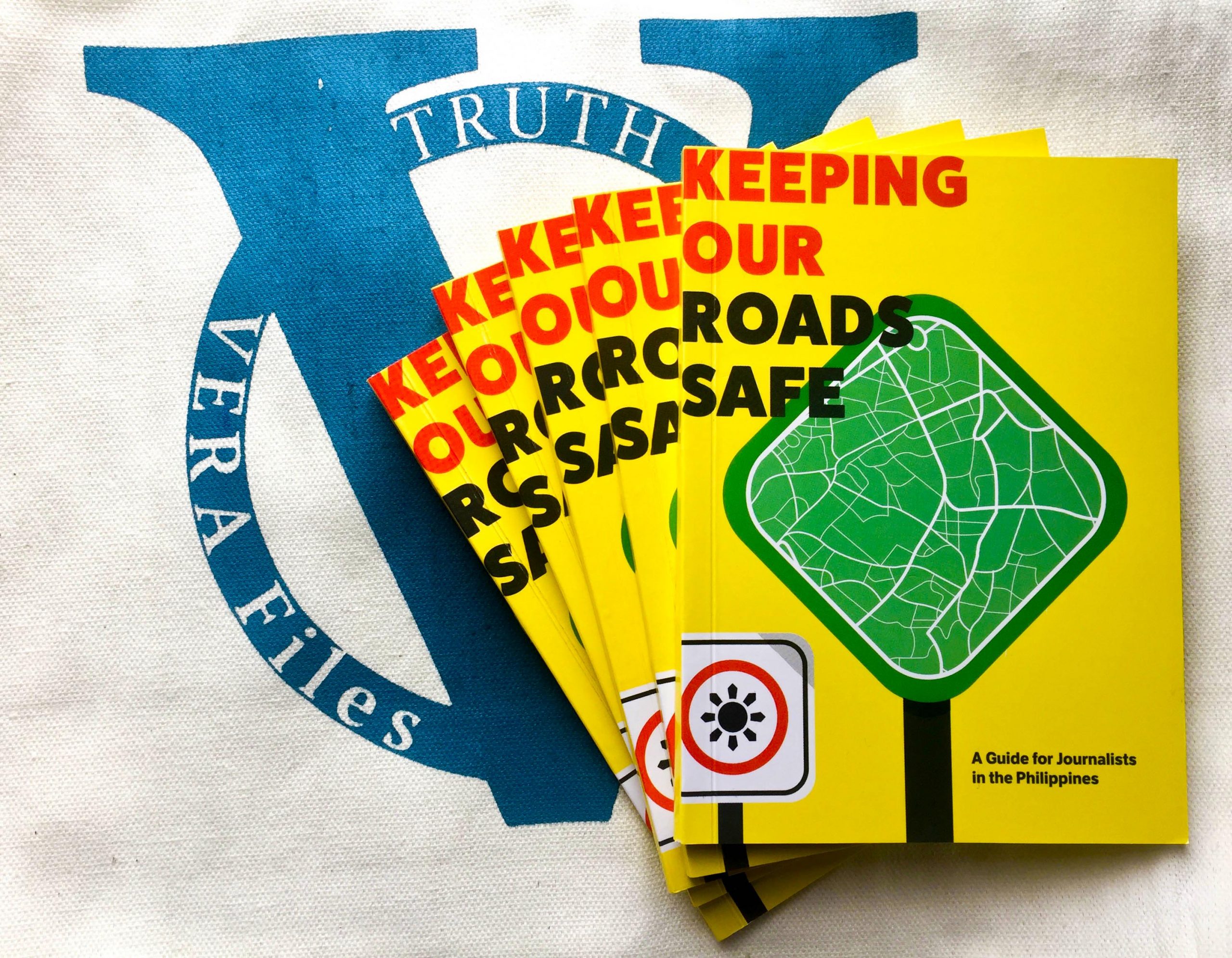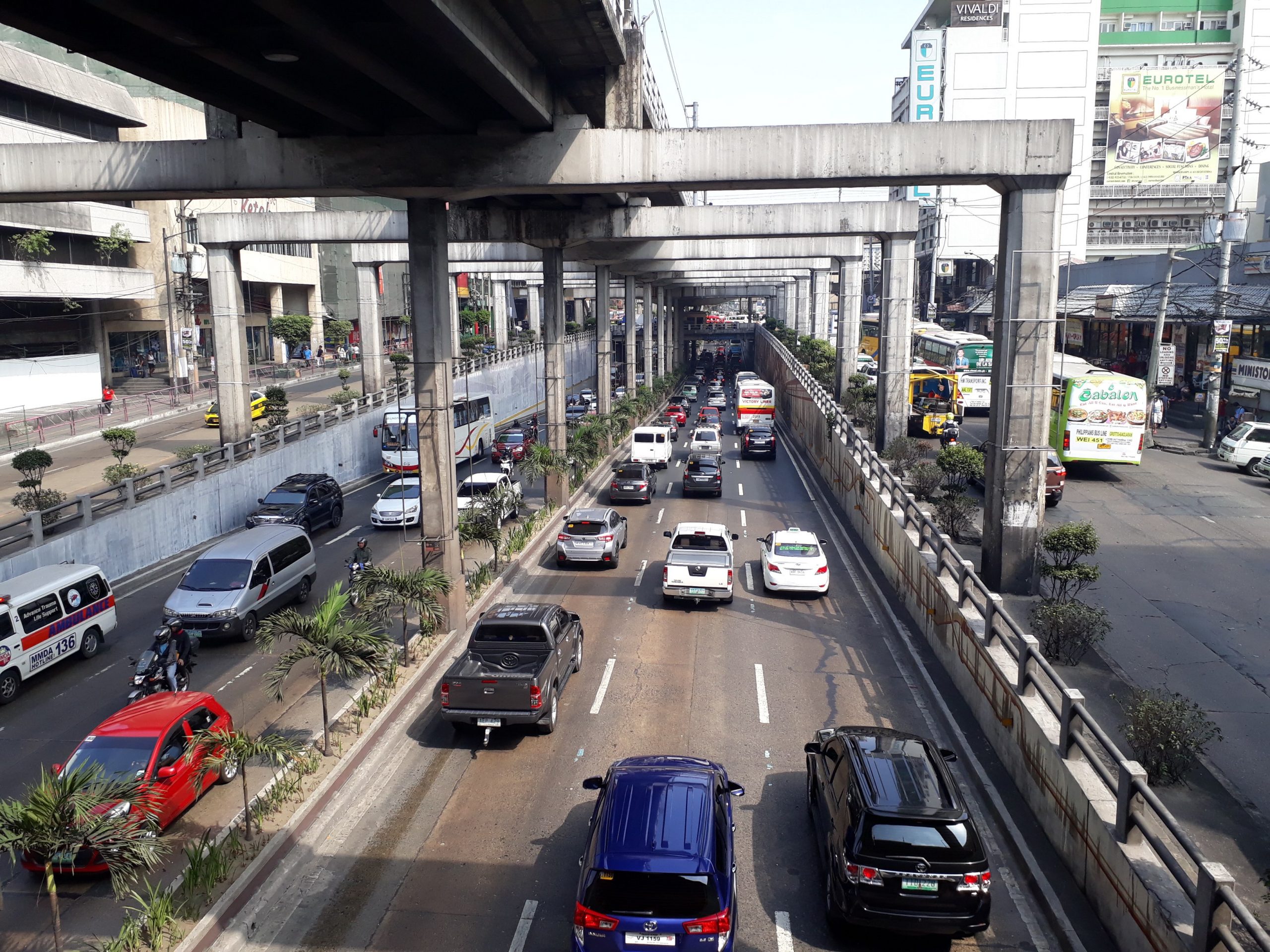While road crashes kill more than one Filipino every hour and cost the Philippine economy about P1.1 billion daily, many media reports still frame them as isolated “accidents.”
A new guidebook should help journalists report the issue more rigorously as both public health and development crises, thus propelling policy action that could save many lives.
In a forum Nov. 28, nonprofit media VERA Files will launch Keeping our Roads Safe: A Guide for Journalists in the Philippines.
The guidebook, a slim 63-page volume, provides a snapshot of the road safety situation in the country, and introduces readers to road safety laws and to the idea of a “safe systems approach.”
The “safe systems approach,” adopted by countries who have made the most progress on road safety, acknowledges human error and seeks to improve the safety of all parts of the system to minimize the impact of those errors.
More, the guidebook provides suggestions on how road safety issues can be pursued by mining spot stories, following up court cases, and talking with families of crash victims.
“Framing road safety as a public health concern makes a big difference on how the problem will be addressed, just as dispensing with the word ‘accident’ can change the mindset of pedestrians, commuters and motorists,” the guidebook reads.
“Road crash suggests preventability while accident seems to refer to an act of God or a simple misfortune—that there is nothing that anyone can do to avert the incident,” it adds.
The guidebook is dedicated to the memory of VERA Files trustee and journalism professor Lourdes “Chit” Estella-Simbulan, a journalist of three decades who was killed in a car crash seven years ago.
On the evening of May 13, 2011, near Ayala Technohub in Commonwealth Avenue, Quezon City, a speeding Universal Guiding Bus rammed the taxi Simbulan was in.
To date, her court case is yet to be resolved.





